WHAT
Chinese Resin Roof Tiles are lightweight materials manufactured from synthetic compounds such as ASA or PVC. These roofing options offer a flexible and visual alternative to traditional clay, metal, or concrete tiles. They are engineered to handle common environmental challenges like sunlight exposure, rain, and temperature changes. These tiles are designed to retain their appearance and structural qualities over extended periods, all while providing a modern look that fits a variety of architectural styles.
Specifically, these tiles typically consist of resin layers combined with reinforcing agents for added strength. The surface layer often includes additives that help the material resist sun damage and prevent color change. Their design often mimics the texture and shape of classic roof materials but brings the added benefits of lighter weight and simpler installation. Overall, they provide a practical roofing solution that meets the needs of current construction practices.
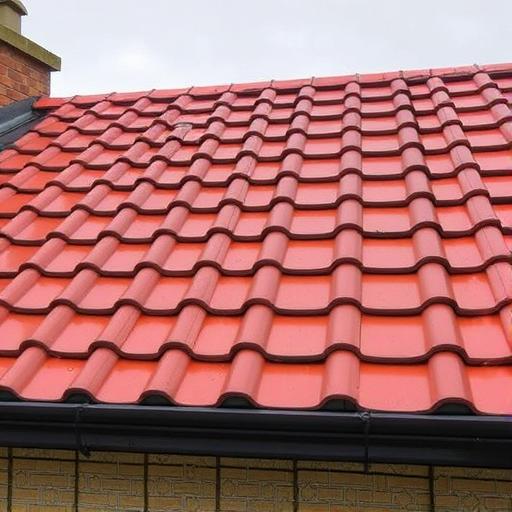
WHY Choose These Tiles?
There are several reasons to consider these roofing tiles for your next project:
Weather Resilience
Resin tiles are formulated to respond well to different weather conditions. Unlike some traditional materials that may crack, fade quickly, or require coatings to prevent water absorption, resin tiles hold up well over time. They remain visually consistent and maintain their structural integrity in the face of sun, wind, and rain.
Maintenance Efficiency
Once installed, these tiles require minimal upkeep. They resist common roofing issues such as stains, moss, and small-scale impact damage. Occasional cleaning with water or mild detergent is usually sufficient. Compared to maintenance-intensive roofing materials, resin tiles offer a more straightforward care routine.
Ease of Installation
Chinese Resin Roof Tiles are lighter than many traditional options, which simplifies handling and reduces labor demands. Installers can position and secure them efficiently, saving time on-site. Fewer fasteners and simpler placement methods also contribute to quicker installation.
Cost‑Effectiveness
While avoiding specific price points, resin tiles generally incur lower overall costs in many scenarios. Their ease of installation, combined with their maintenance simplicity, can lead to savings on labor and upkeep. Compared to heavy, fragile, or high‑maintenance alternatives, resin tiles offer a practical balance of cost and function.
Design Flexibility
Resin tiles are available in a variety of colors and shapes that blend well with different architectural styles, from rural homes to urban structures. This adaptability allows architects and builders to maintain design coherence while using functional materials that meet modern standards.
WHERE Are They Most Often Used?
Chinese Resin Roof Tiles are now common in many parts of the world, especially in regions where light, water-resistant roofing is needed:
Tropical and Subtropical Regions
Hot and humid climates, such as areas in Southeast Asia or coastal regions, benefit from these tiles’ ability to reflect sunlight and resist heat. They provide roofing that stays functional and visually consistent in challenging weather.
Industrial and Agricultural Structures
These tiles are well-suited to buildings like warehouses, factories, or farm facilities. Their combination of lightness, resilience, and ease of installation makes them an efficient roofing solution for large structures.
Residential and Commercial Buildings
From single-family homes to low-rise commercial buildings, these tiles are adopted by developers seeking a roofing option that is both attractive and practical. Their ability to mimic traditional styles helps preserve visual harmony in neighborhoods or commercial districts.
Renovations and Retrofits
For updates to older buildings, resin tiles can offer a modern tribute to classic styles without imposing heavy loads on existing roofs. Their lower weight and ease of installation make them a go‑to option for upgrades.
HOW Chinese Resin Roof Tiles Are Manufactured
Although specific production methods vary among factories, the general process includes:
Raw Material Mixing
Producers combine resin compounds with stabilizers and colorants. These mixtures are formulated to deliver balanced performance in appearance, strength, and weather resistance.
Sheet Extrusion or Compression Molding
The mixed materials are formed into flat or shaped panels using extrusion or molding machines. Molds may mimic clay or slate textures while imparting structural rigidity.
Surface Treatment
A coating or additive layer is applied to enhance UV resistance, reduce water absorption, or improve surface hardness. This treatment extends product life and maintains visual integrity.
Cutting and Finishing
Panels are cut to size and may include pre‑drilled holes or interlocking edges. Final inspection ensures consistent thickness, color, and form across batches.
Quality Assurance
Producers test for color stability, impact resistance, and waterproofing. Samples are periodically checked to verify performance under simulated weather or heat conditions.
BENEFITS at a Glance
| Feature | Value Added |
|---|---|
| Lightweight | Reduced structural load and easier handling |
| Durable Finish | Prolonged aesthetic appeal with little upkeep |
| Climate Adaption | Suitable for sun, rain, and temperature zones |
| Flexible Installation | Speedier construction with simple tools |
| Cost‑Effective | Savings on labor and maintenance over time |
| Versatile Design | Designed to match diverse architectural styles |
Key Benefits of Resin Roof Tiles |
|
|
|
|
|
|
SUSTAINABILITY IMPLICATIONS
These roofing tiles contribute positively to eco‑responsible building for several reasons. Their durability lowers frequency of replacements, reducing waste over time. Many are made from recyclable compounds, further lowering environmental impact. Their heat‑reflective qualities also support thermal comfort, potentially reducing energy needs inside buildings.
CHOOSING THE RIGHT SUPPLIER
Selecting a roofing supplier involves evaluating:
Material Consistency: Look for factories that maintain color and thickness without variation across batches.
Supply Chain Reliability: Timely delivery and responsive support ensure smoother project timelines.
Compliance Verification: Seek documentation of performance testing and relevant certifications.
Technical Support: Good suppliers offer guidance on design, installation, and troubleshooting.
CONCLUSION & FACTORY INTRODUCTION
In summary, Chinese Resin Roof Tiles strike a balance between modern practicality and visual appeal. They are well-suited to various climates and building types, offering durable, cost‑sensitive, and efficient roofing solutions. Their ease of installation and minimal maintenance make them attractive to many construction professionals.
For projects that aim to blend function, weather performance, and lasting value, Chuanyabuilding is a strong choice. Specializing in resin roof tiles and FRP panels, Chuanyabuilding offers products crafted through quality production methods. With attentive service, flexible design options, and practical roofing solutions, they support builders around the world in creating sustainable, reliable, and visually coherent structures.



 English
English Español
Español عربى
عربى


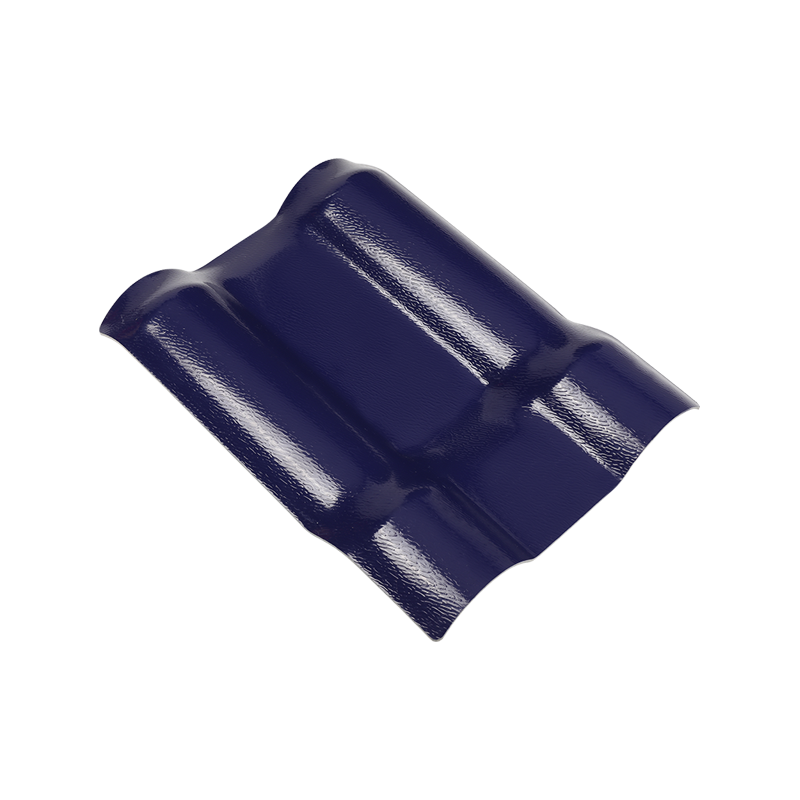
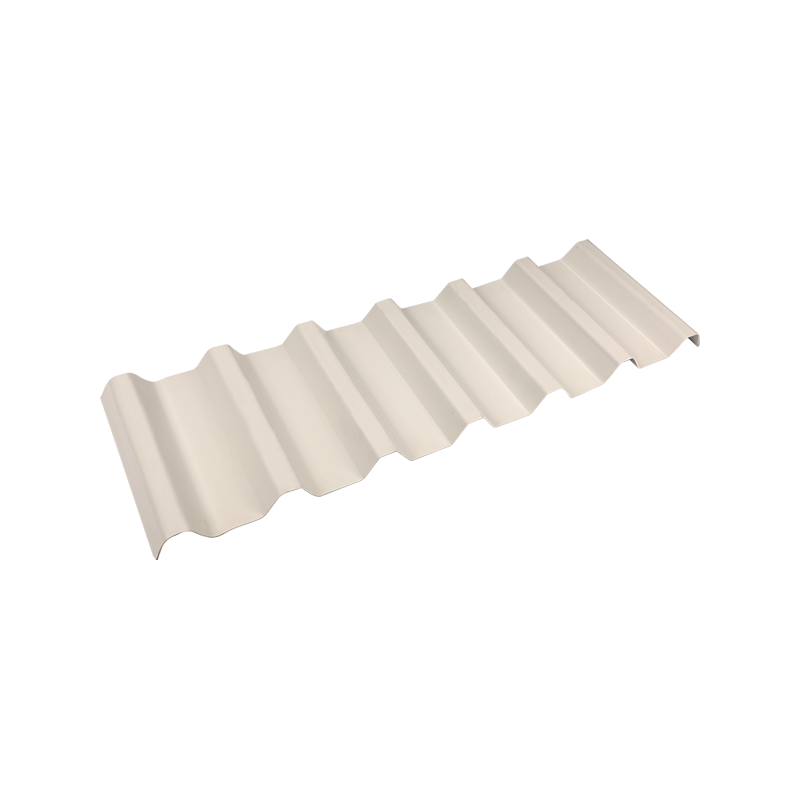
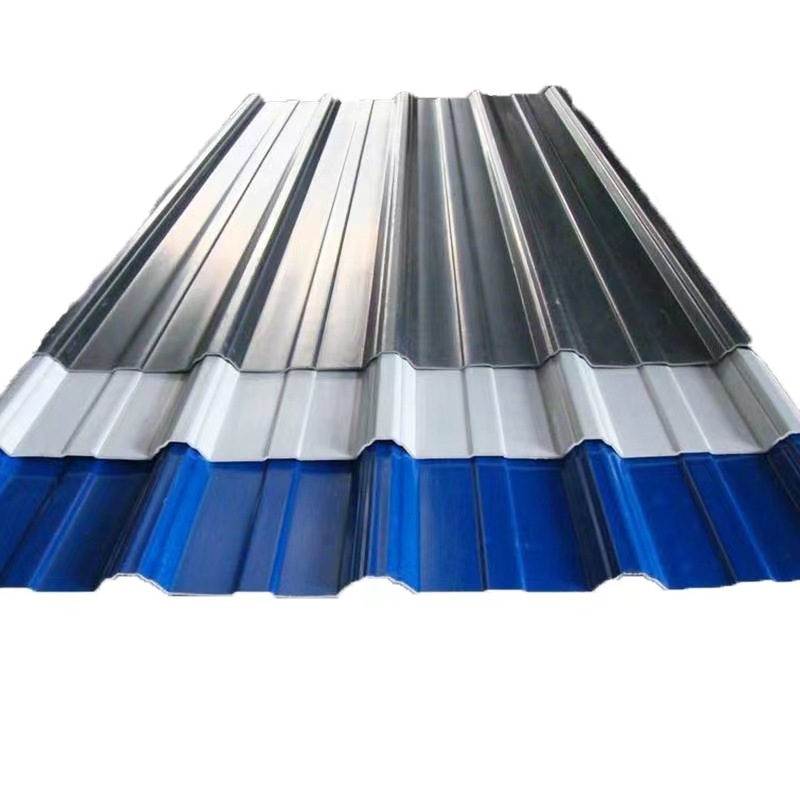
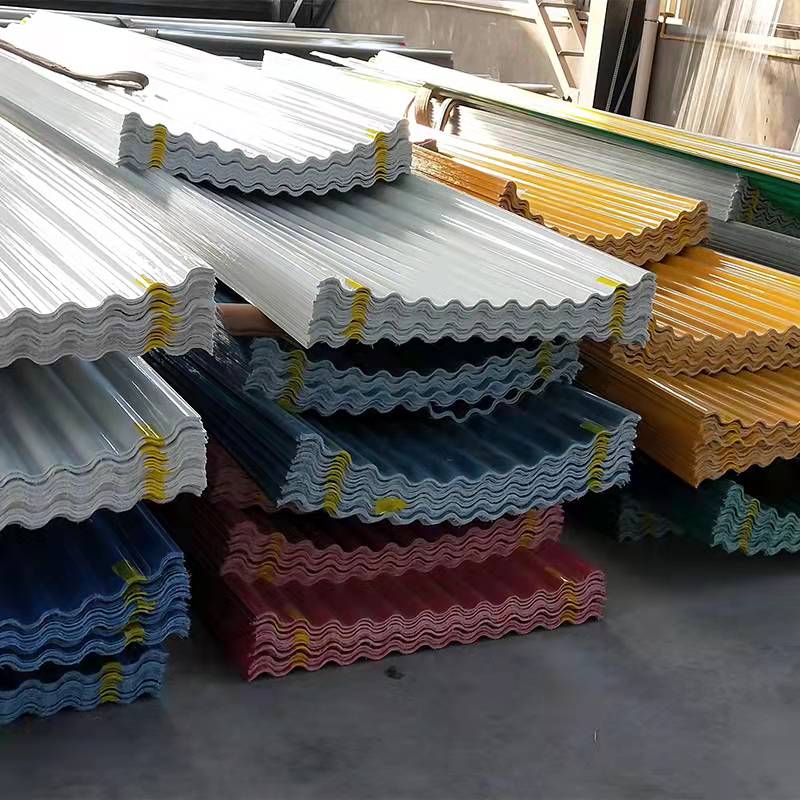
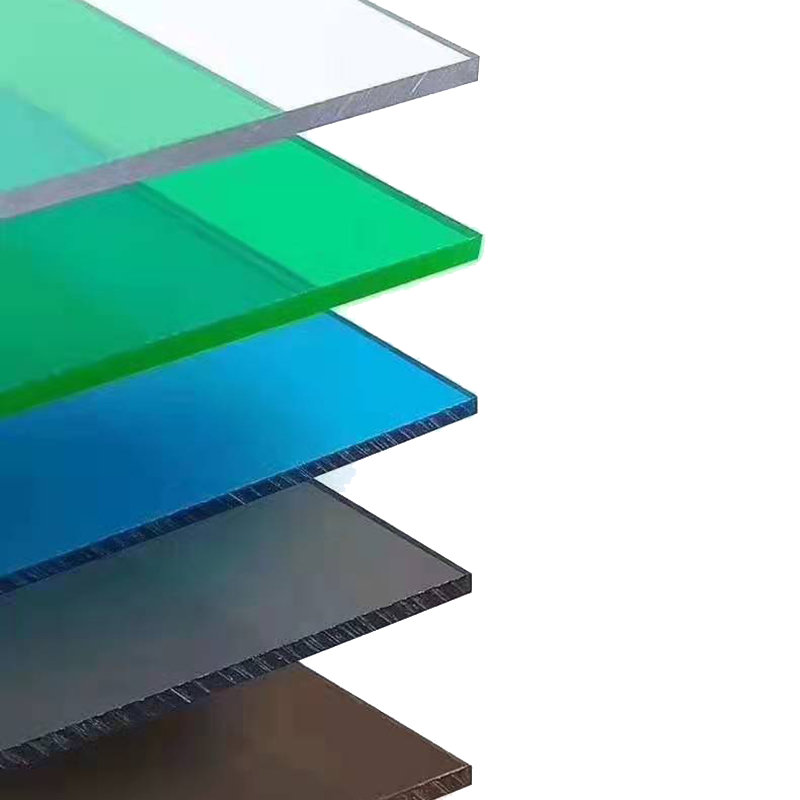
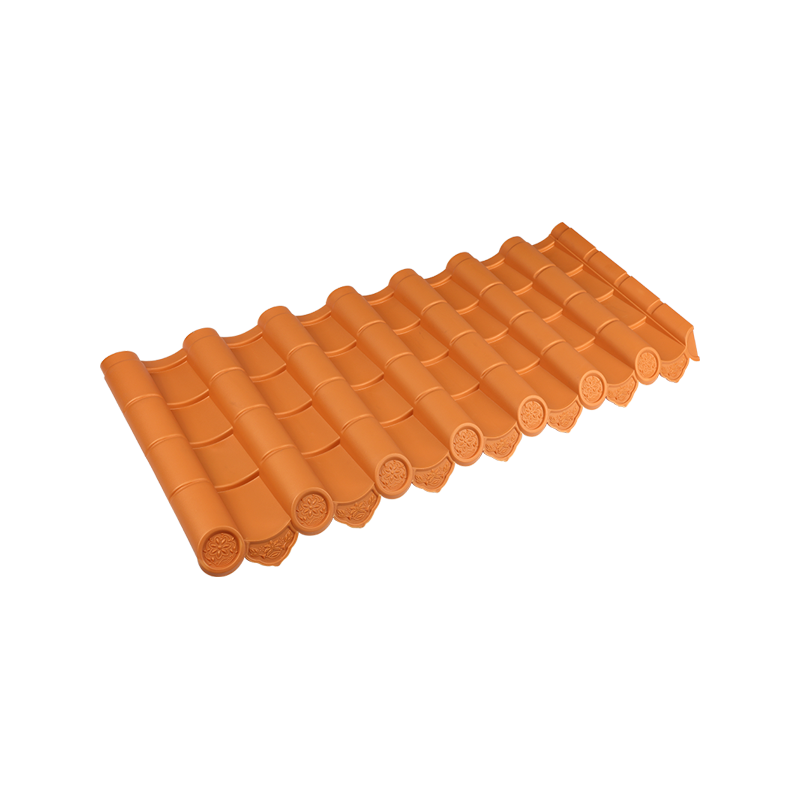
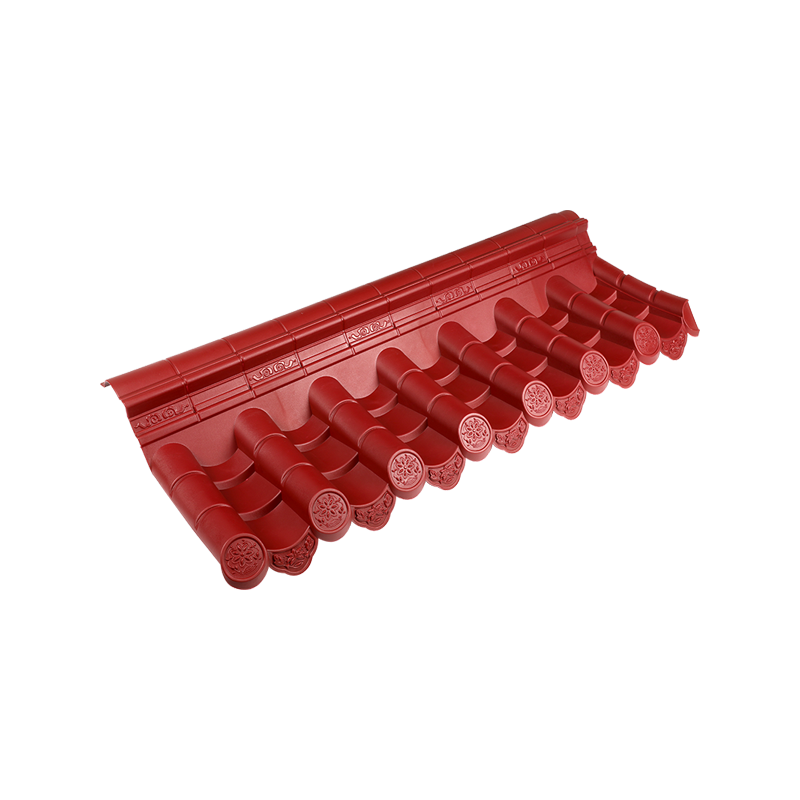


 Email:
Email: Phone:
Phone: Adress:
Adress: